From the film Freedom Riders: Israel Dresner on Nonviolence
Israel Dresner speaks about Nonviolence.
Previews + Extras
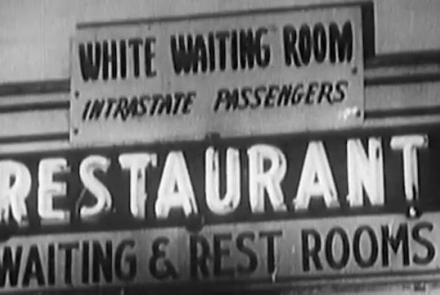
From the film Freedom Riders: the Cold War
S23 E11 - 39s
Foreign newsreels contemplate the inequality between races in the United States.
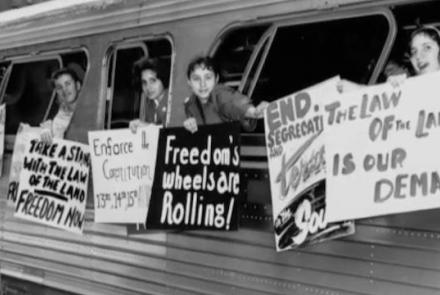
From the film Freedom Riders: Victory for Nonviolence,...
S23 E11 - 1m 6s
Rabbi Dresser and Delore Boyd comment on the power of nonviolent methods. Boyd points out that the tenacity of white participants opened her eyes to the fact that white people were not all the same.
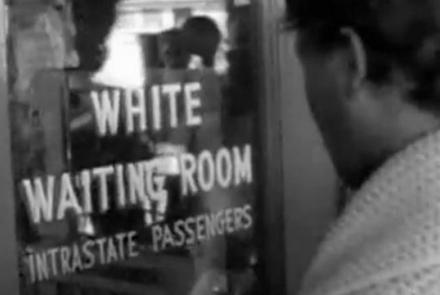
From the film Freedom Riders: Freedom to Travel, part 3
S23 E11 - 34s
On September 22, 1961, the Interstate Commerce Commission (ICC) orders all "colored only" and "whites only" signs to be taken down in all bus and rail stations across the country. "This was the first unambiguous victory in the long history of the civil rights movement," says Ray Arsenault. "It raised expectations across the board for greater victories in the future."
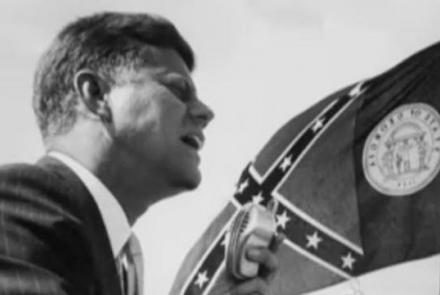
From the film Freedom Riders: the Solid South
S23 E11 - 1m 11s
In his bid for the presidency, JFK had to tread carefully around the heart of the Democratic Party - the white voting south. John Patterson, Governor of Alabama from 1959 to 1963, speaks about his endorsement of Kennedy for president.
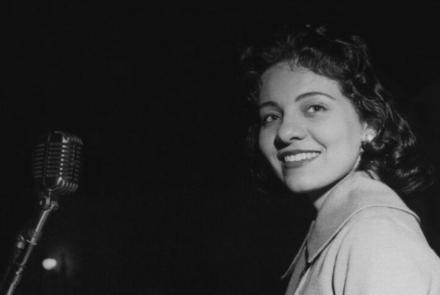
The Student Leader: A Short Film from Freedom Riders
S23 E11 - 4m 44s
A student at Fisk University in Nashville, Diane Nash became the leader of the Nashville Student Movement. Fellow activists John Lewis, Ernest "Rip" Patton, Jr., Rev. James M. Lawson, Jr., and Julian Bond describe her commitment to nonviolence.
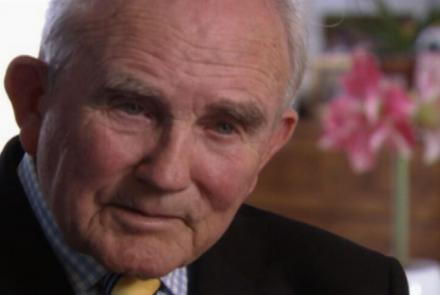
The Governor: A Short Film from Freedom Riders
S23 E11 - 4m 43s
John Patterson, Governor of Alabama from 1958 to 1963, won election as a staunch segregationist. Patterson discusses his response to the Freedom Rides and his decision to refuse a phone call from President John F. Kennedy when the Freedom Riders encountered mob violence in Birmingham.
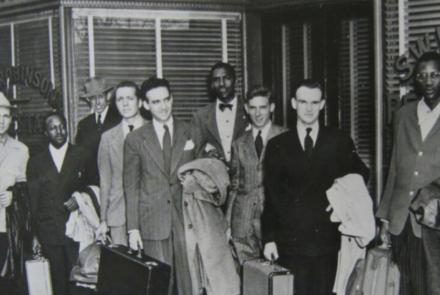
The Pioneers: A Short Film from Freedom Riders
S23 E11 - 3m 4s
In April 1947 sixteen men - eight black and eight white - boarded a bus in Washington, DC to test compliance with a recent Supreme Court ruling that outlawed segregation on interstate bus travel. Their effort blazed a trail for the Freedom Riders who followed in their footsteps nearly fifteen years later.
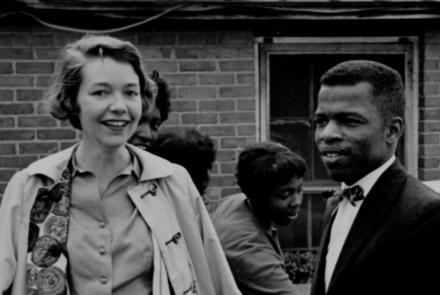
The Movement: A Short Film from Freedom Riders
S23 E11 - 4m 8s
The Freedom Riders represented a cross-section of America - black and white, young and old, religious and secular. "The Freedom Rides were trying to say to America: we are a diverse country - let's act like a diverse country, where every part of the diversity is equal, and is treated equally," says Freedom Rider Rabbi Israel Dresner.
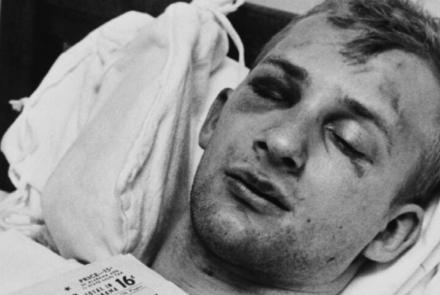
The Exchange Student: A Short Film from Freedom Riders
S23 E11 - 4m 56s
After deciding to participate in the Freedom Rides in May 1961, Jim Zwerg called his parents for support only to be told that he was "killing his father." As a white Freedom Rider, Zwerg was among the first to be attacked and sustained severe injuries.
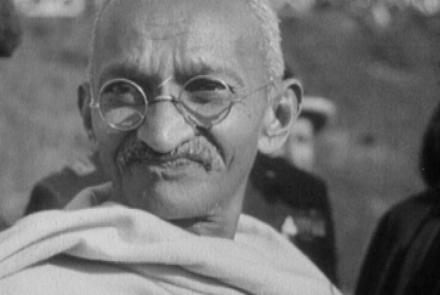
The Inspiration: A Short Film from Freedom Riders
S23 E11 - 3m 32s
Mahatma Gandhi's nonviolent movement to free India from British colonial rule inspired American civil rights activists who had immersed themselves in Ghandi's teachings and viewed non-violence as an effective way to challenge the tyranny of the Jim Crow South.
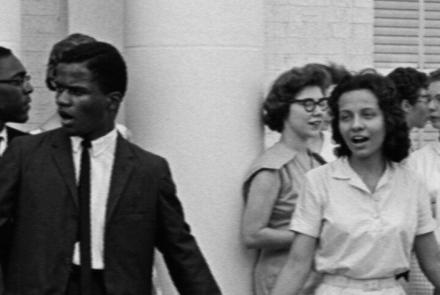
The Music: A Short Film from Freedom Riders
S23 E11 - 4m 53s
Group singing provided solace for Freedom Riders facing the constant threat of violence. It was also an effective political tool. "Without singing, we would have lost our sense of solidarity," John Lewis says.
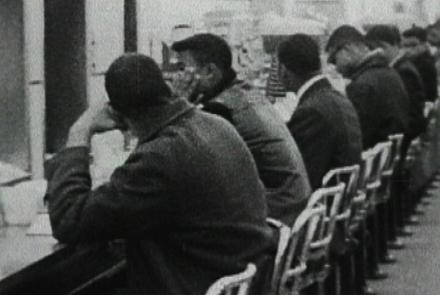
The Strategy: A Short Film from Freedom Riders
S23 E11 - 4m 57s
In the decades after WWII, civil rights leaders relied on legal and legislative challenges to dismantle segregation. But in the early 1960s, activists impatient for change turned to a new strategy: non-violent direct action.
Similar Shows

Pompeii: The New Dig
History
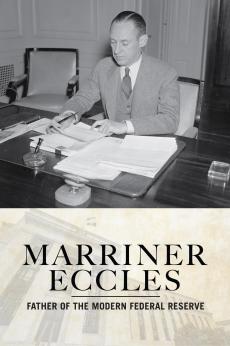
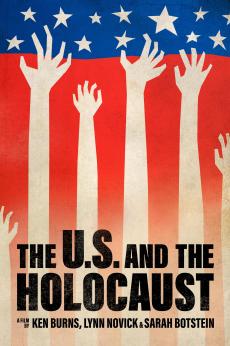
The U.S. and the Holocaust
History

The Queen's Garden
History
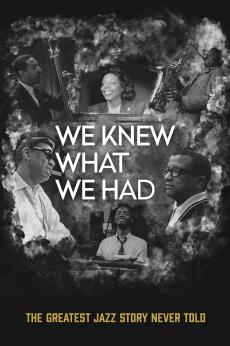
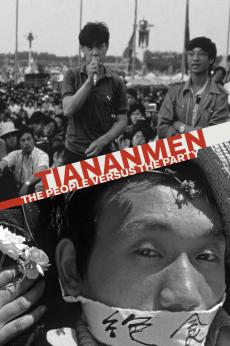

Story of China
History
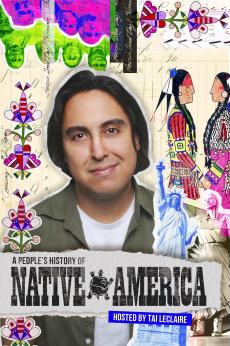
A People's History
History
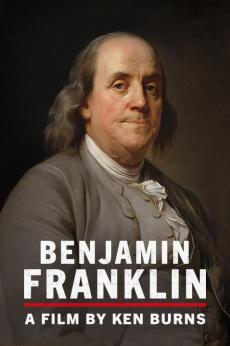
Benjamin Franklin
History
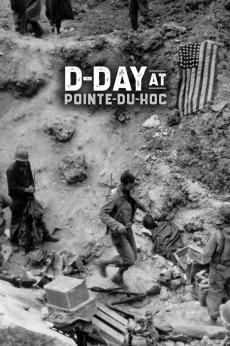
D-Day At Pointe-Du-Hoc
History
WETA Passport
Stream tens of thousands of hours of your PBS and local favorites with WETA Passport whenever and wherever you want. Catch up on a single episode or binge-watch full seasons before they air on TV.